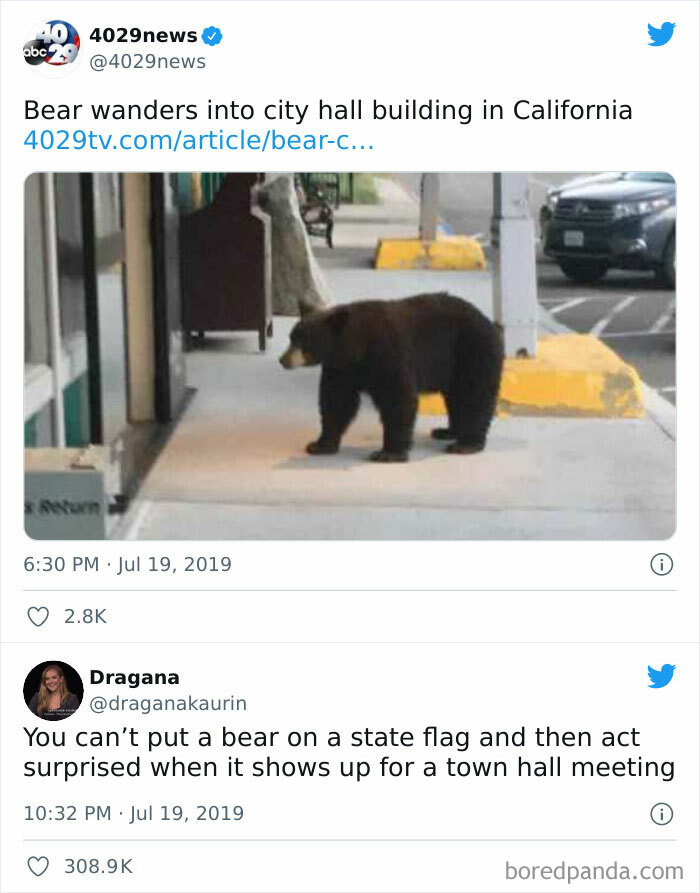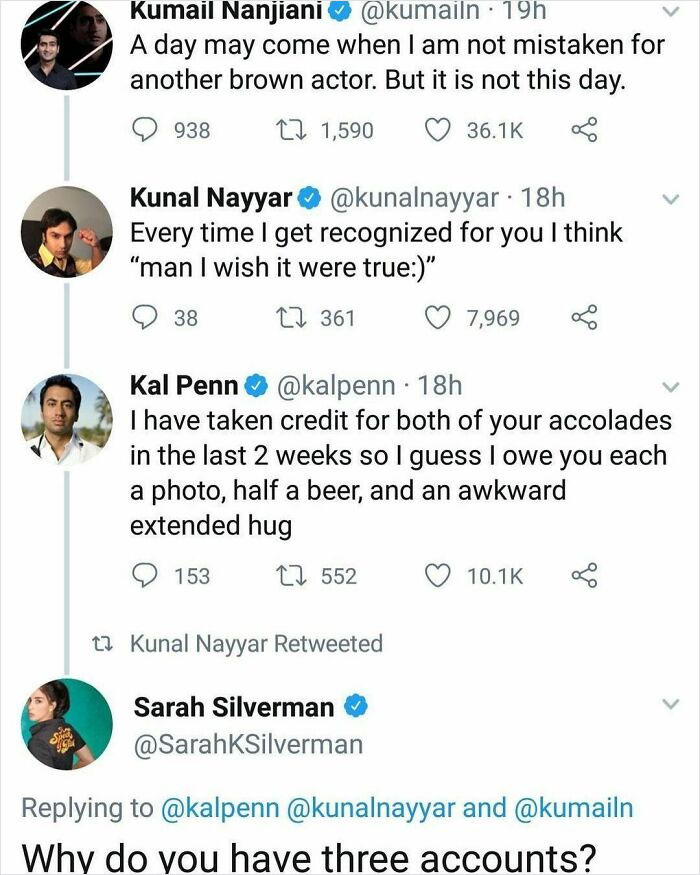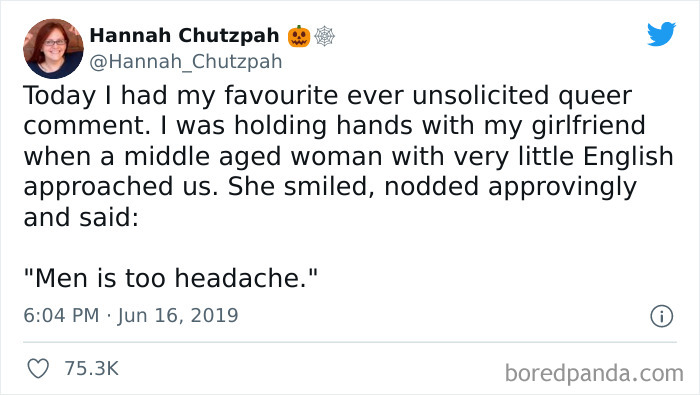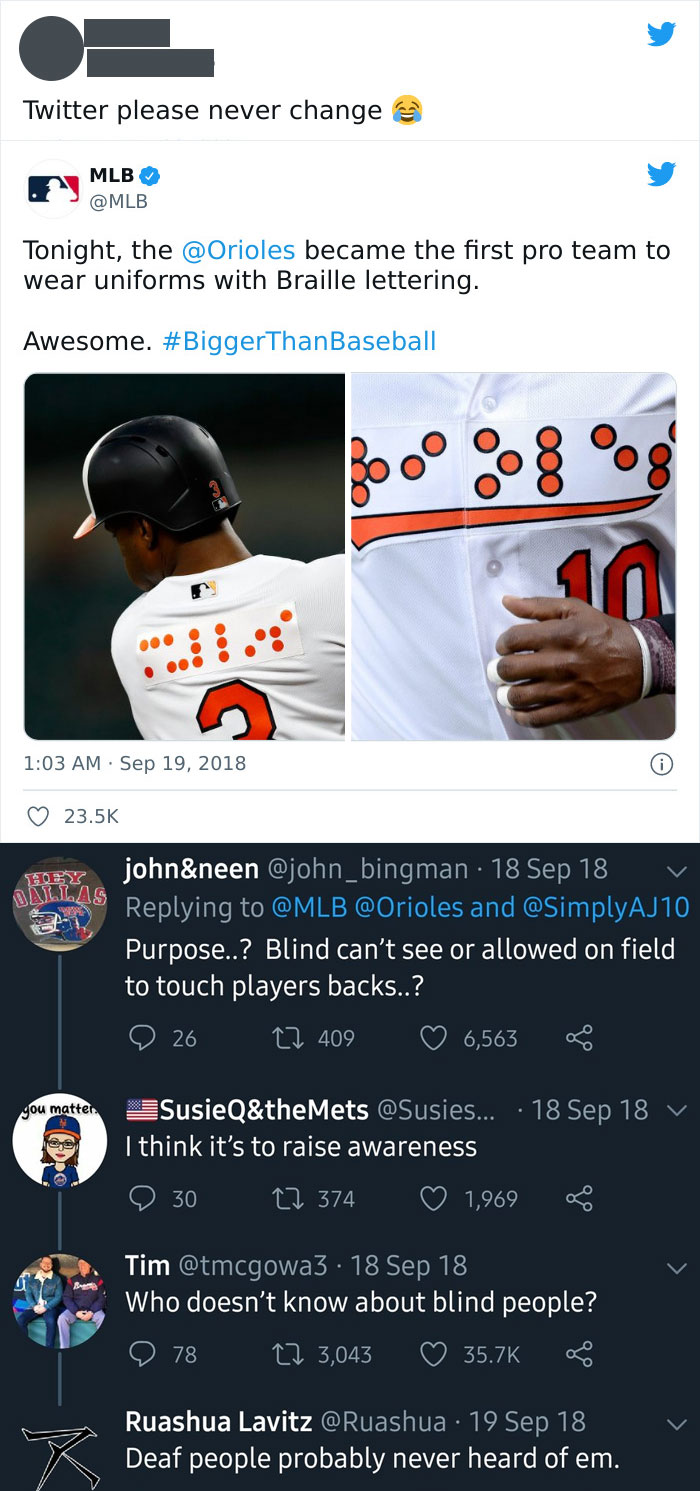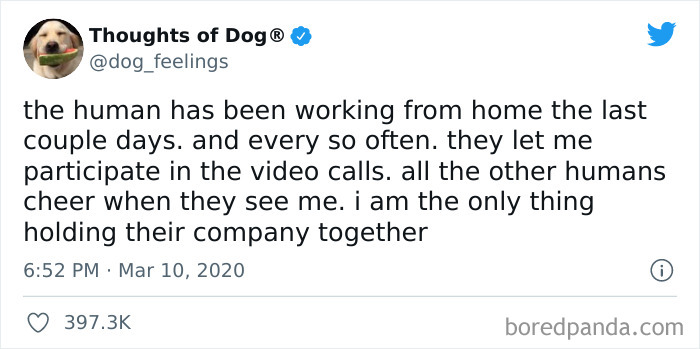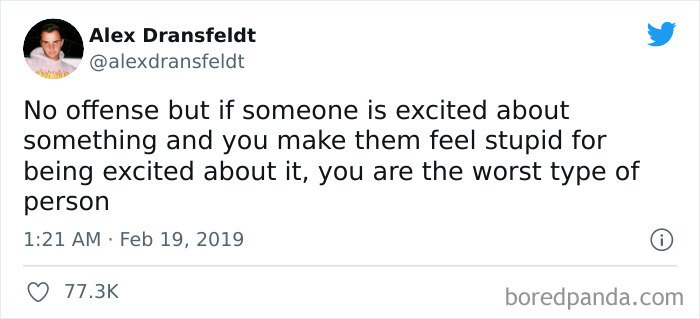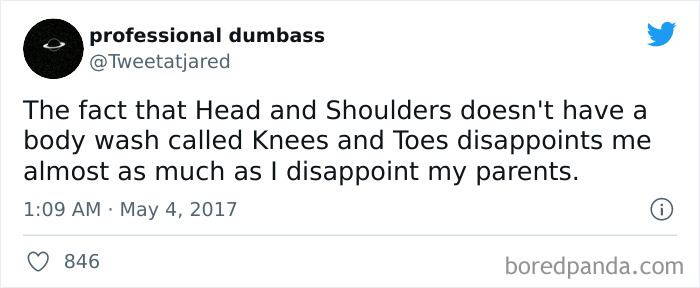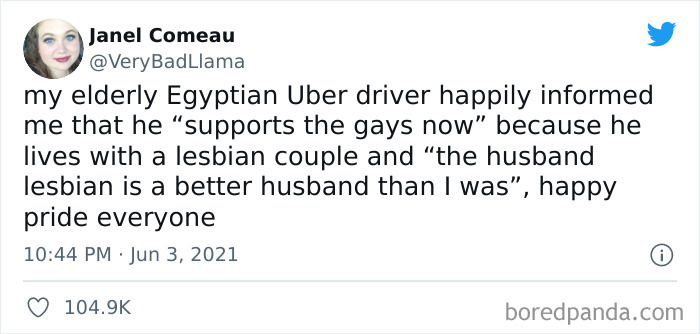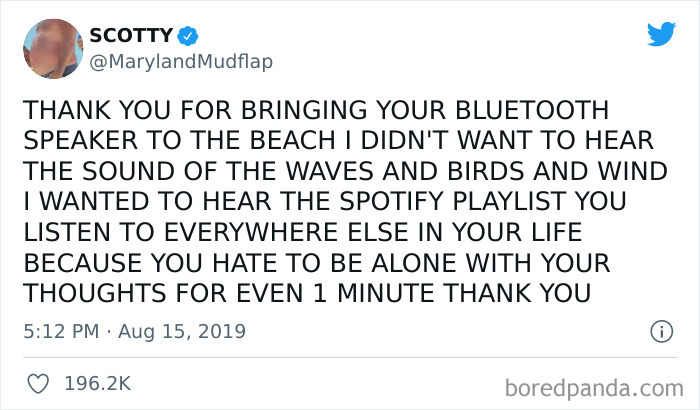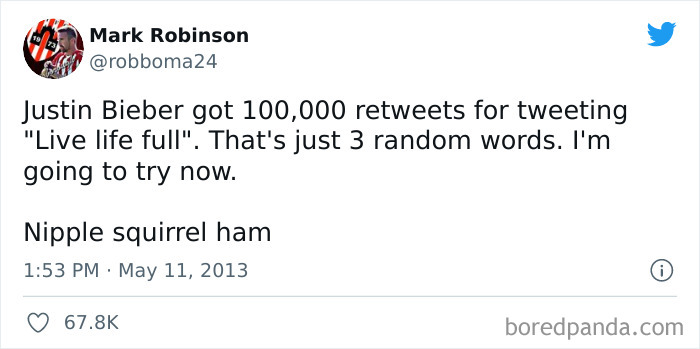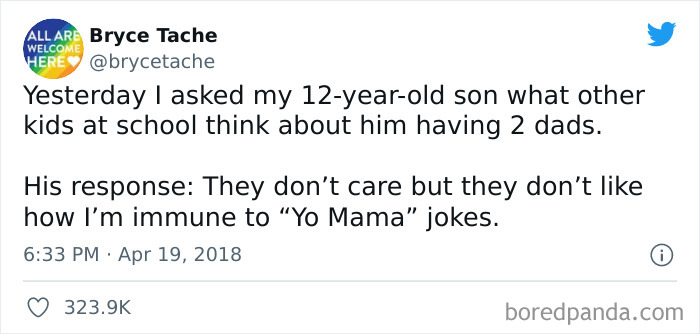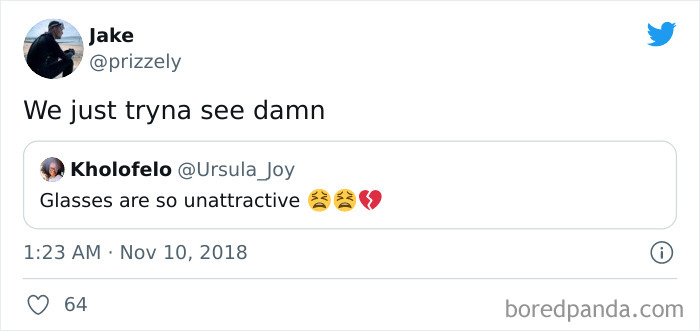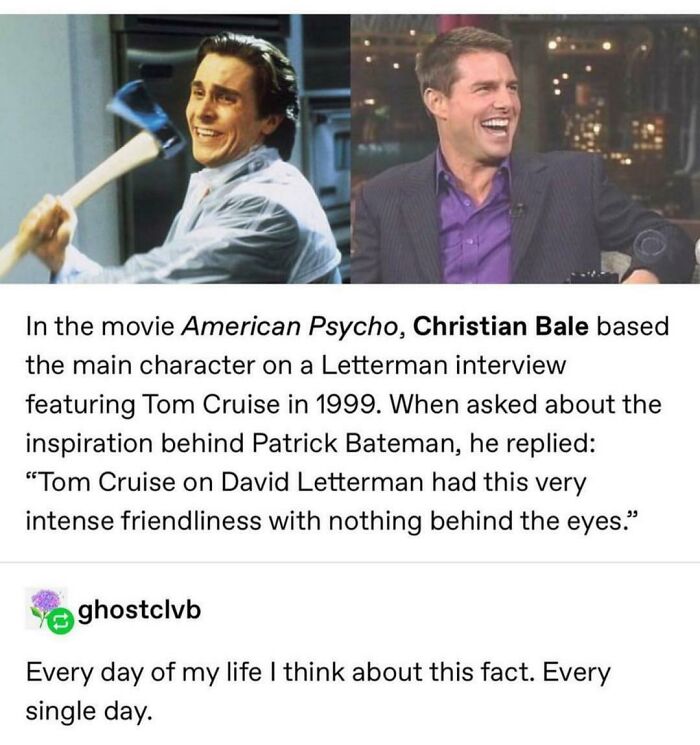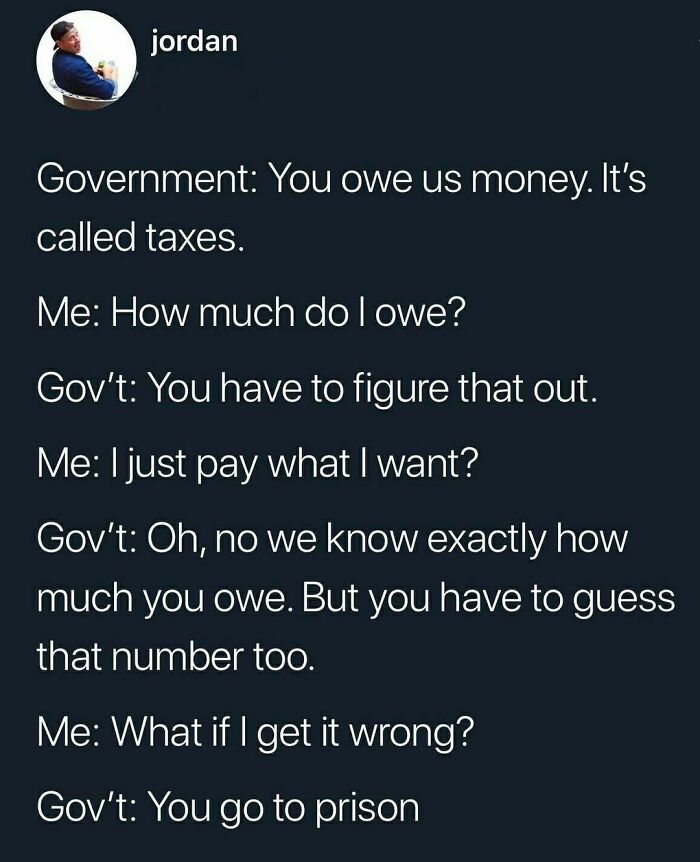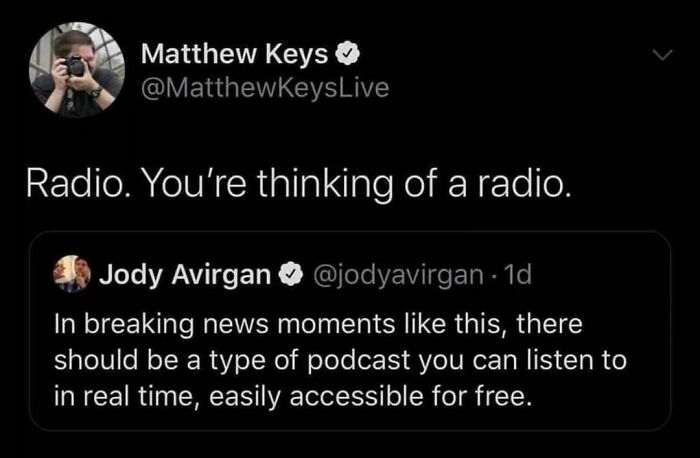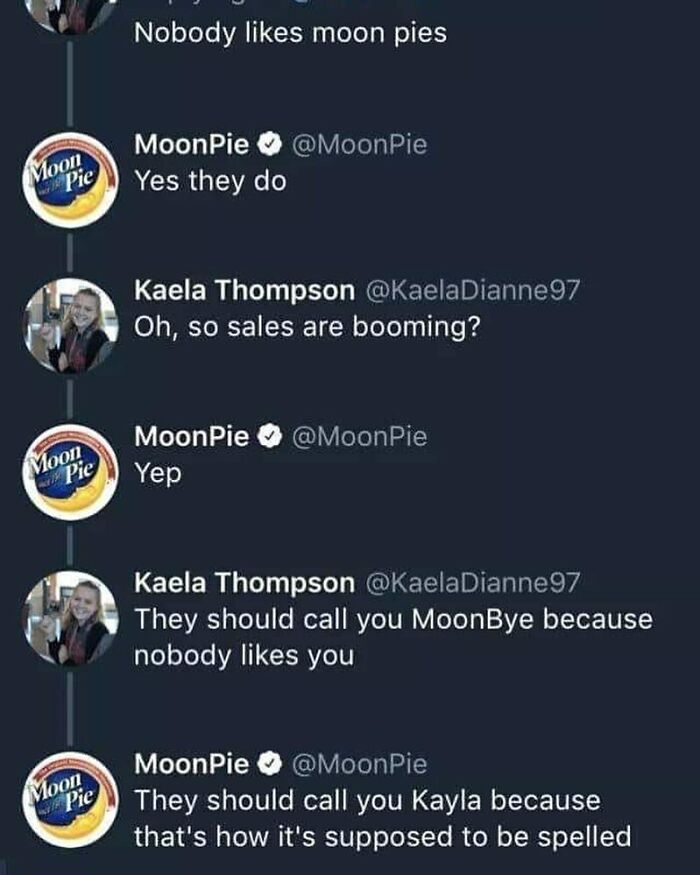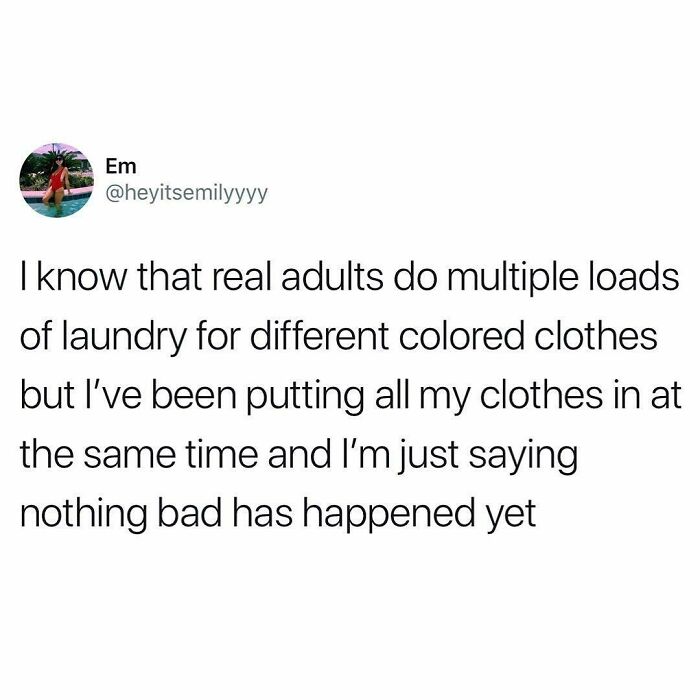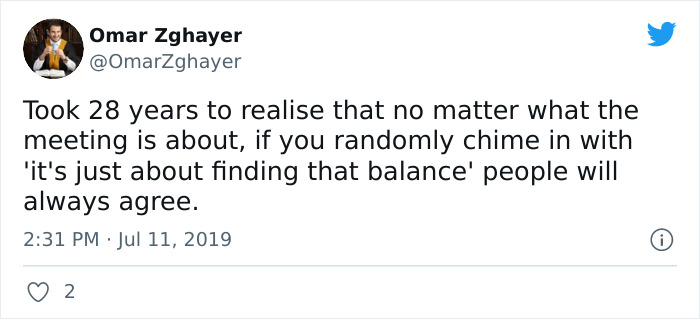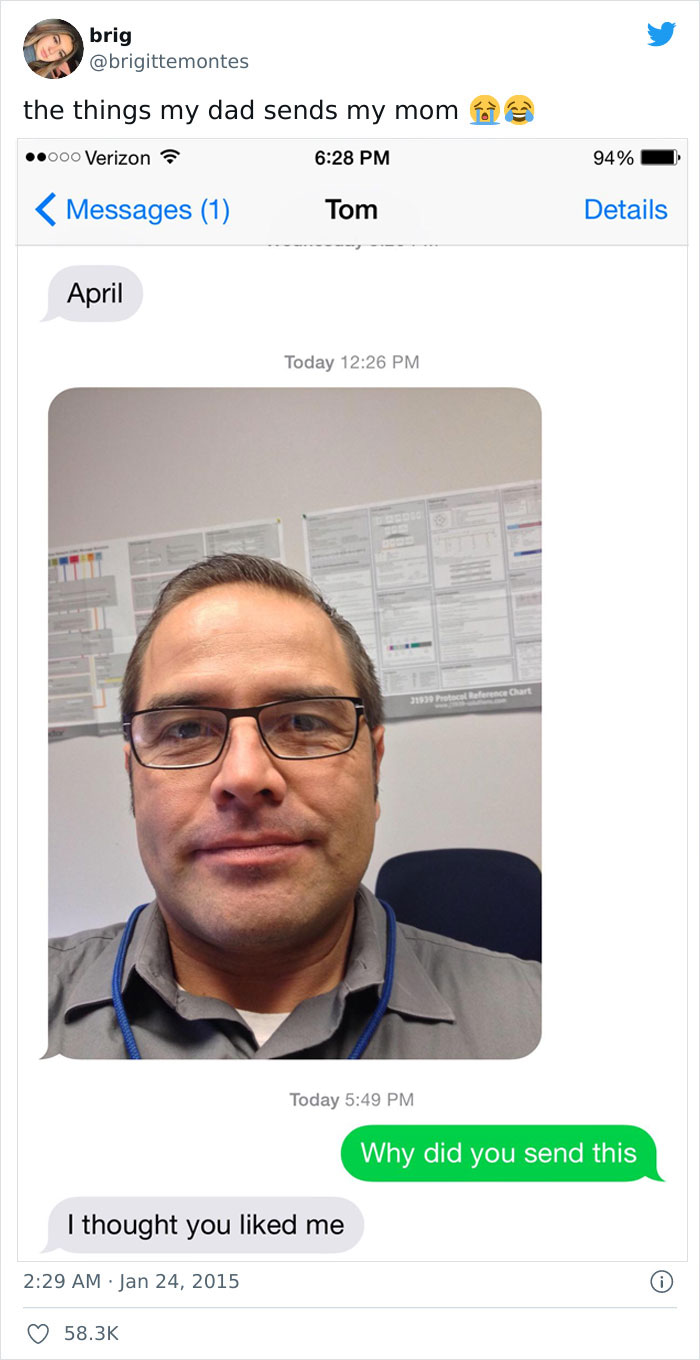Good comments on the internet are like excellent supporting actors. Sometimes they can make such a difference, they'll steal the show. You may have clicked on a YouTube video by theneedledrop, but you're giving a like to one of his subscribers joking about the guy's bald head.
So it comes as no surprise that there's an entire Instagram account dedicated to this art. Called Comment Awards, it shares the most creative and funniest observations people have made online. Continue scrolling to check out its top posts! And, of course, don't forget to comment on them.
More info: Instagram
This post may include affiliate links.
Also sweet that saving someone's life and therefore missing a job interview (which was probably hard to get in the first place because of his background) and have that called SKIPPING. Eff you very much, CBS
When folks at FiveThirtyEight asked 8,500 internet commenters why do they do what they do, the answers, people gave a wide range of answers.
"Our respondents' reasons for commenting mirror the results of a recent survey of 600 news commenters by Talia Jomini Stroud and her colleagues at the University of Texas at Austin's Engaging News Project," Christie Aschwanden wrote in FiveThirtyEight. "In their survey, the top three reasons that people gave for commenting were 'to express an emotion or opinion,' 'to add information' or 'to correct inaccuracies or misinformation.'"
Certain stories, however, generate a disproportionate number of comments, and after years of being on the receiving end of comments, Aschwanden has formed a theory: the subjects most likely to elicit impassioned responses are those that feel personal to the reader (a real-life experience with the subject has made them feel like an expert) and those that hit on identity in some way.
"[My insight is] based on something a newspaper reporter in Boulder told me many years ago," Aschwanden explained. "Back then, readers were still mailing letters to the editor, and they had a seemingly endless appetite to debate two things: who was at fault in conflicts between cars and bikes and whether dogs should be allowed to run unleashed on city trails."
To test this theory, Aschwanden asked the people who took the survey about the circumstances that made them most likely to comment.
"The answers lent at least some support to the bikes-and-dogs theory. But respondents’ reasons were more complex than my one, unified theory; commenters were also driven by a desire to provide their own information or to argue against an idea they disagreed with."
At the end of the day, commenters want the same thing as us publishers — to be heard. So if they have something to say, we're glad they can do so on our platform.
Publisher's AGM: "Now let's not forget everybody, those academic texts all need minuscule revisions before the start of the university year, so that we can brand them as a new edition. We don't want to loose out on any sales at $300 per copy to other students selling the copies the no longer use!"
Sometimes I wondered if it was indeed improv and not scripted coz they did so well on the fly. Especially Ryan.
PoOr conservatives. They sure aren't wanting to comply these days!
My aunt caught covid from the pastor at a small church meeting. Less than two months later, she, her husband and her youngest daughter were dead. And people don't understand why I don't go anywhere.
Me, me, me, me, me, me, me, me, me, me, me, me, me, me, me, uhhhhhhhh...me.
Kid (about 14yr old) said to me after first lock down 'in the future, there will be no snow days, only work from home days'. I had a little cry
Nah,glasses can be sexy AF...edited to fix stupid autocorrect...
Watching a lot of these politicians over the last four years, I want my money back.
elon musk is an asshole at his wedding he literarily said "im the alpha in this relationship" he's a twat
I am so glad that I quit American pop culture when I was 16, in 1985. I don't know or care what any of this means.
Anyone else reminded of Alfred E. Neuman from the Mad magazine covers?
I am 52yo. I have never sorted clothes in my life. I just shove 'em in the washer. It does not matter.
They make guitar/bass, keyboards and drums as well. Got the whole band and cool transportation to boot.
And the sluttiest girls from high school are now the most devout evangelicals judging everyone's lives.
How rude! Reminds me of the time some jerk took a picture of Robbie Williams out in public wearing a puffy down jacket and published it in a magazine with douchebag speculations about whether he was getting fat. Robbie responded by posting a photo he had just had taken of himself, shirtless with rippling muscles on display and two middle fingers raised.
I always feel so sorry for cop's spouses. But I guess they made that choice.
Kansas. I drove across Kansas once. If I lived there, I would paint all my windows black and never stop drinking.
15 years later when the house is worth $1.5 million: "Hey, we need to talk about that loan we gave you.... "
The year is 1989, it's Sunday morning and you are sprawled on some cushions on the floor in front of the TV, watching cartoons, an open cereal pack next to you. Tonight, you will go to McD, get a Happy Meal with a Transformers toy and because tomorrow is no school, you get to pick a movie at Blockbuster. Life is perfect.
Ok, how is that I can't get through reading 2 term papers but I got through all 100 of these. /sarcasm
I have barely started working and it’s almost 10;00 lol. Oh well
Load More Replies...Ok, how is that I can't get through reading 2 term papers but I got through all 100 of these. /sarcasm
I have barely started working and it’s almost 10;00 lol. Oh well
Load More Replies...
 Dark Mode
Dark Mode 

 No fees, cancel anytime
No fees, cancel anytime 










